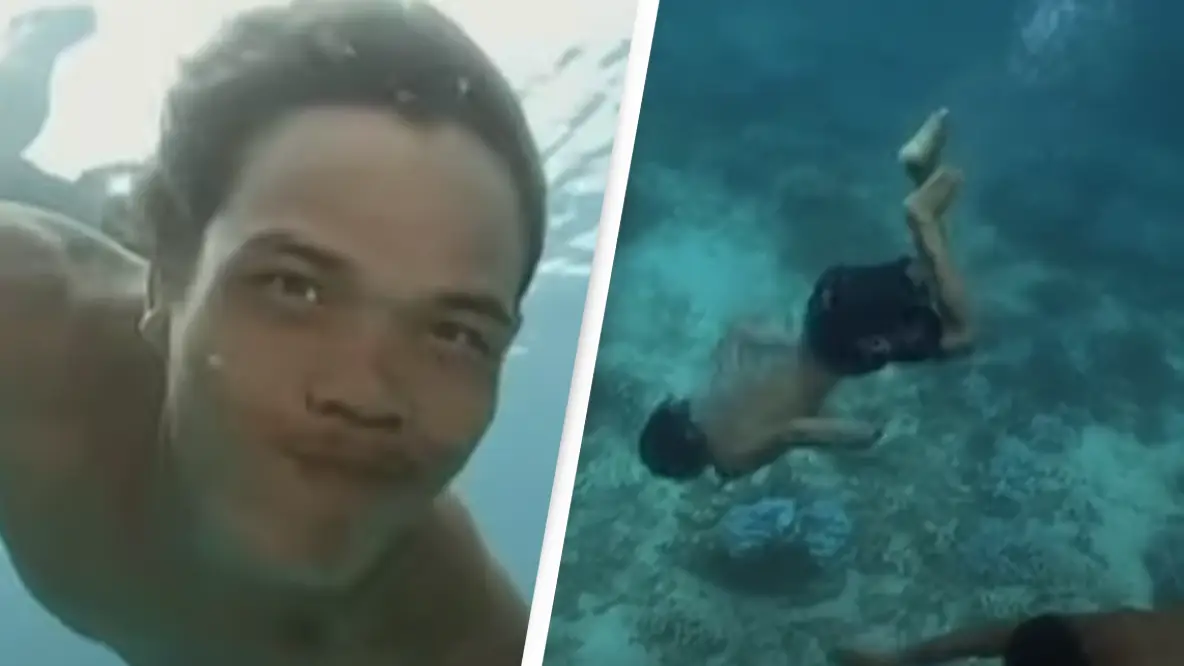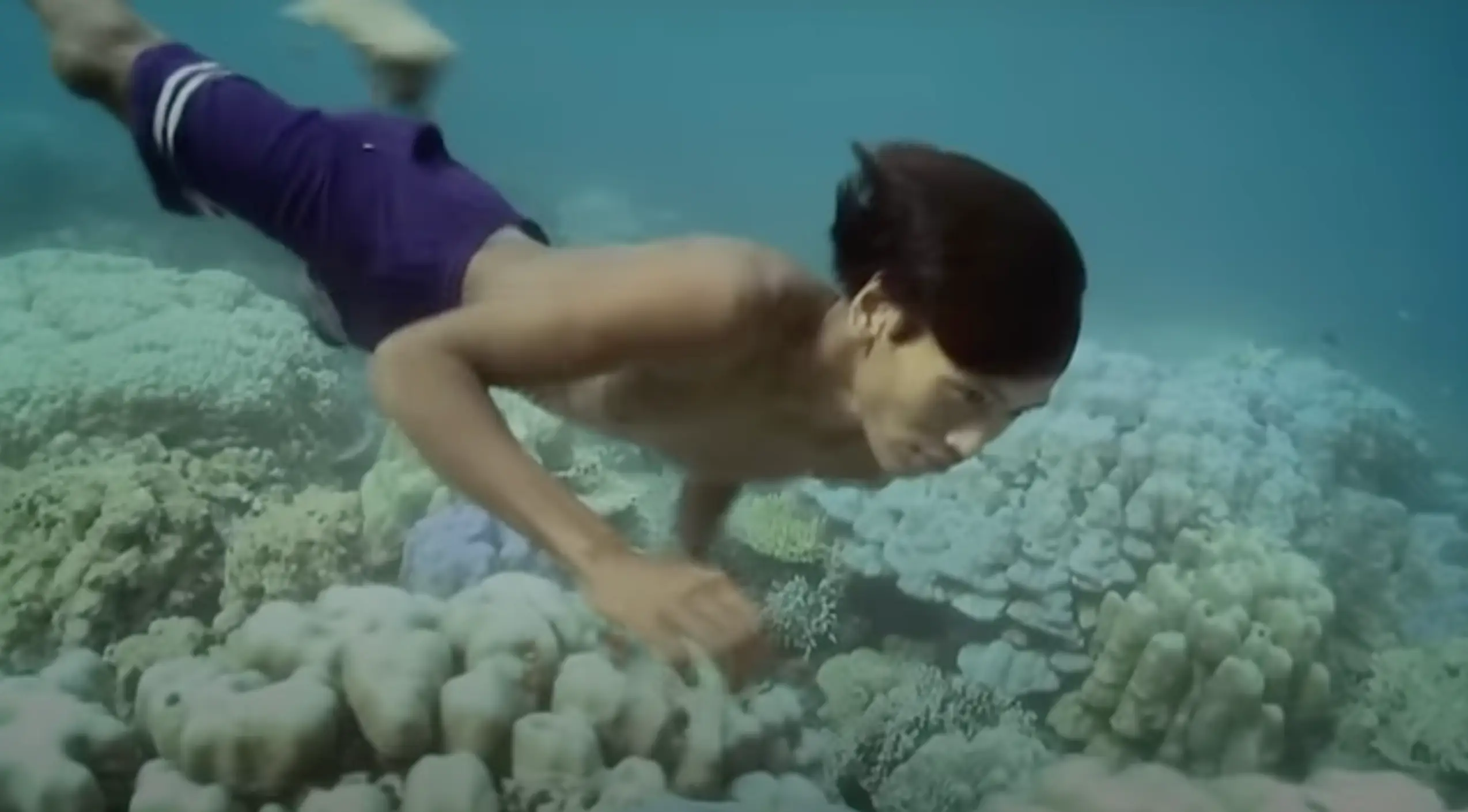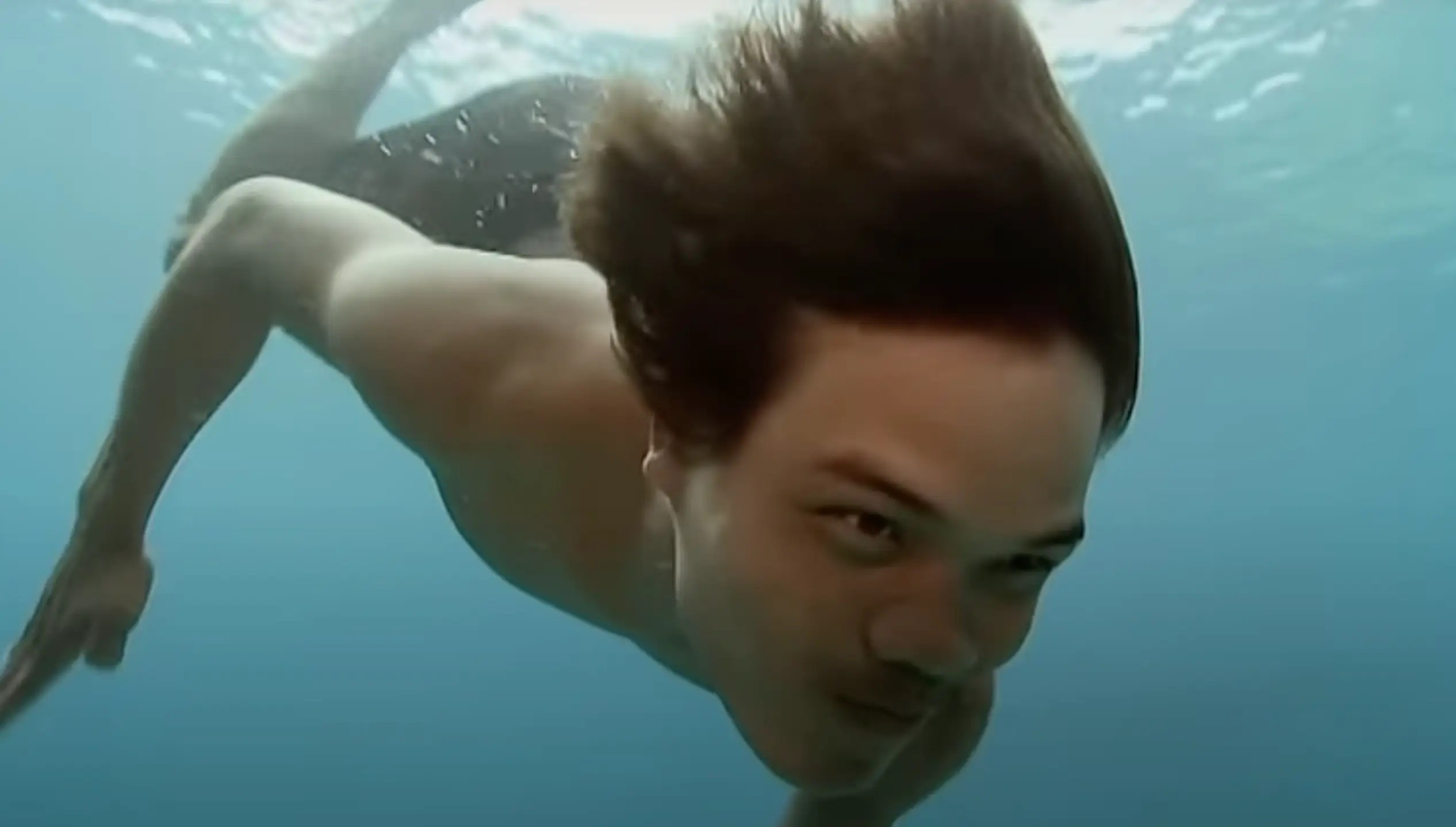
When busy with our 9-5s and family life, it can be hard to imagine a world that's anything different.
But when you look at certain indigenous groups dotted across the globe, you realize many are living very different lives.
Perhaps none more so than the Moken tribe, a nomadic group of seafaring people in Thailand.
Advert
Somehow, the children of this tribe have taught themselves to see underwater with perfect clarity.
The Moken people – also referred to as ‘sea-nomads – reside in the archipelagos of the Andaman sea on the west coast of Thailand.
And they sustain themselves entirely off the ocean – using simple tools such as nets and spears to forage for food.
So, with all their ocean trips, the children have managed to see perfectly underwater - but how exactly?
Well, they have trained their eyes to change shape to adapt to the aquatic environment in much the same way that seals and dolphins do.
And the remarkable thing is, this trait isn’t unique to the Moken people either.
In fact, experiments have shown that, with enough practice, any child is capable of learning this incredible skill within a matter of weeks.

READ MORE
There's an island completely untouched by modern society where tribe will kill anyone who comes near
'Shocking' footage shows uncontacted tribe confront a bulldozer near nickel mine
The phenomenon was first noticed in 1999 by vision researcher Anna Gislen from the University of Lund in Sweden, who compiled an in-depth report on the subject for the BBC.
"Normally when you go underwater, everything's so blurry that the eye doesn’t even try to accommodate, it’s not a normal reflex," she wrote.
"But the Moken children are able to do both – they can make their pupils smaller and change their lens shape. Seals and dolphins have a similar adaptation."
To test this theory, Gislen recruited a group of European children on holiday with their parents and used them to conduct a series of training sessions, in which they dived underwater and tried to work out the direction of lines on a card.
“If they managed to correctly identify one pattern underwater, we then used a finer grating – thinner stripes – until the child made mistakes, which meant he or she could no longer see the pattern.”

The researchers determined that the Moken children could see twice as well underwater as their European counterparts, after 11 sessions across one month, both groups were eventually able to reach the same level of underwater acuity.
“It was different for each child, but at some point their vision would just suddenly improve,” said Gislen.
“I asked them whether they were doing anything different and they said, ‘No, I can just see better now’.”
However, out of all the adults Gislen tested, none of them possessed the same ability as the children, and would instead hunt for food by spear fishing instead of diving.
She suspected that the Moken lose their 'dolphin eyes' when they grow older because the lens becomes less flexible with age.
